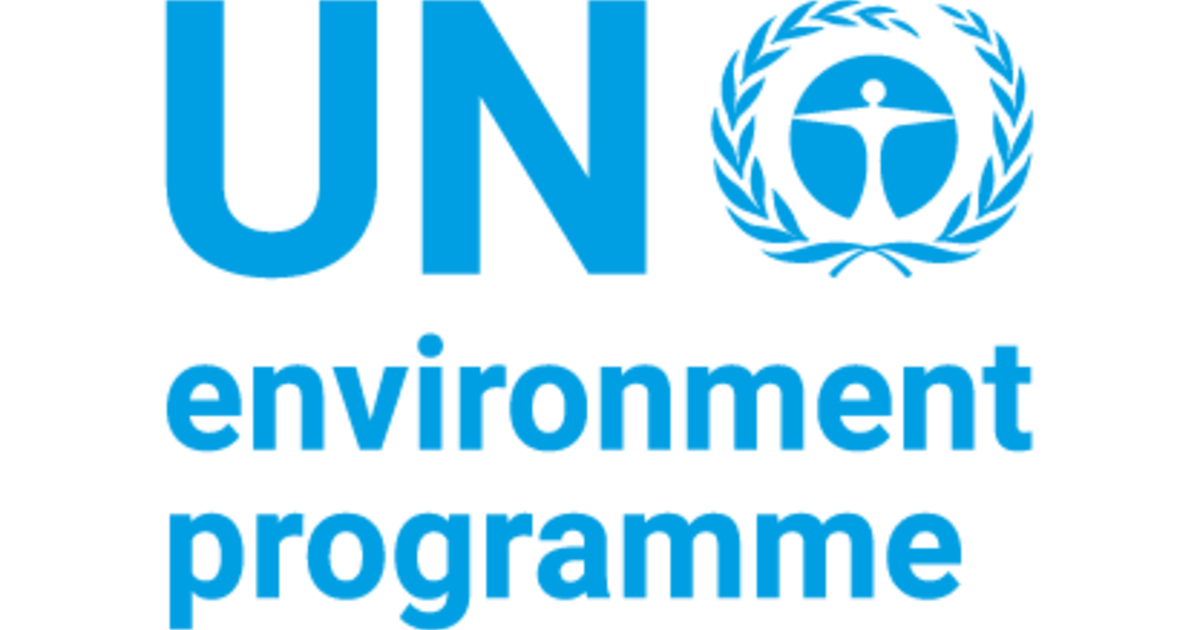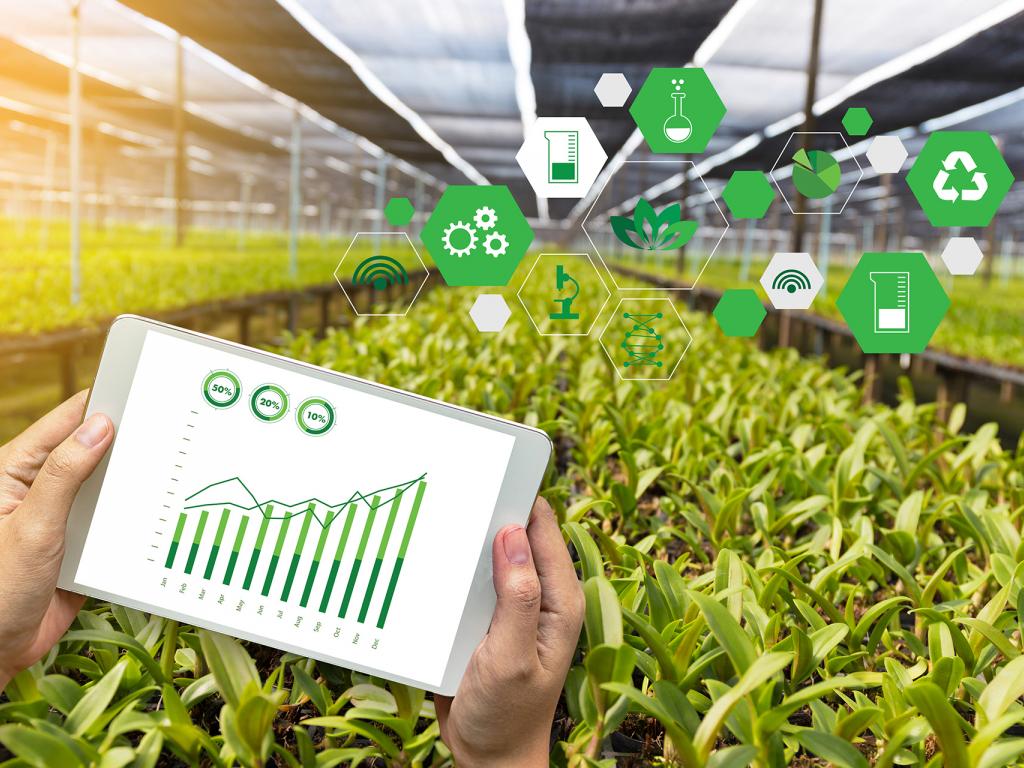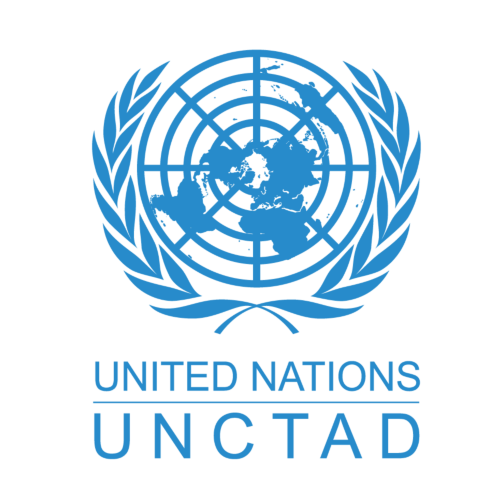
United Nations Environment Programme (UNEP)
The UN Environment Programme (UNEP) has been promoting the shift to Sustainable Consumption and Production (SCP) patterns for the past two decades. It is the custodian agency responsible for 8 out of 12 indicators under SDG 12.
UNEP guides policy development for SCP through its global frameworks, networks, programmes and partnerships, through knowledge-sharing and facilitating access to science, policy guidance, technical tools and best practices.
UNEP contributes to SDG 12.2, “achieve the sustainable management and efficient use of natural resources”, by strengthening and communicating the knowledge and scientific base for resource efficiency and SCP. This includes scientific information on natural resource use and “decoupling opportunities” as a basis for evidence-based policymaking.
Additionally, UNEP works on strengthening the sound management of chemicals and waste by supporting parties to the multilateral environmental agreements to meet their respective obligations. This work supports SDG 12.4 ‘achieve the environmentally sound management of chemicals and all wastes in order to minimize their adverse impacts on human health and the environment.’ UNEP also hosts the secretariats for several waste and chemicals-related multilateral environmental agreements and implements initiatives targeting various types of waste, including food waste and hazardous waste and chemicals.
As part of its actions towards SDG 12.6, “Encourage companies to adopt sustainable practices and to integrate sustainability information into their reporting cycle.”, UNEP collaborates with the private sector in partnerships promoting innovation, technological solutions and financing to tackle our most pressing global environmental challenges. UNEP fosters partnerships with business and industry to promote green investments and apply sustainable business practices across value chains. It also promotes and builds capacity in corporate sustainability reporting.
UNEP Science Division
-
SDG Unit
-
United Nations Environment Programme (UNEP)
-
unep-science-sdgs@un.org




